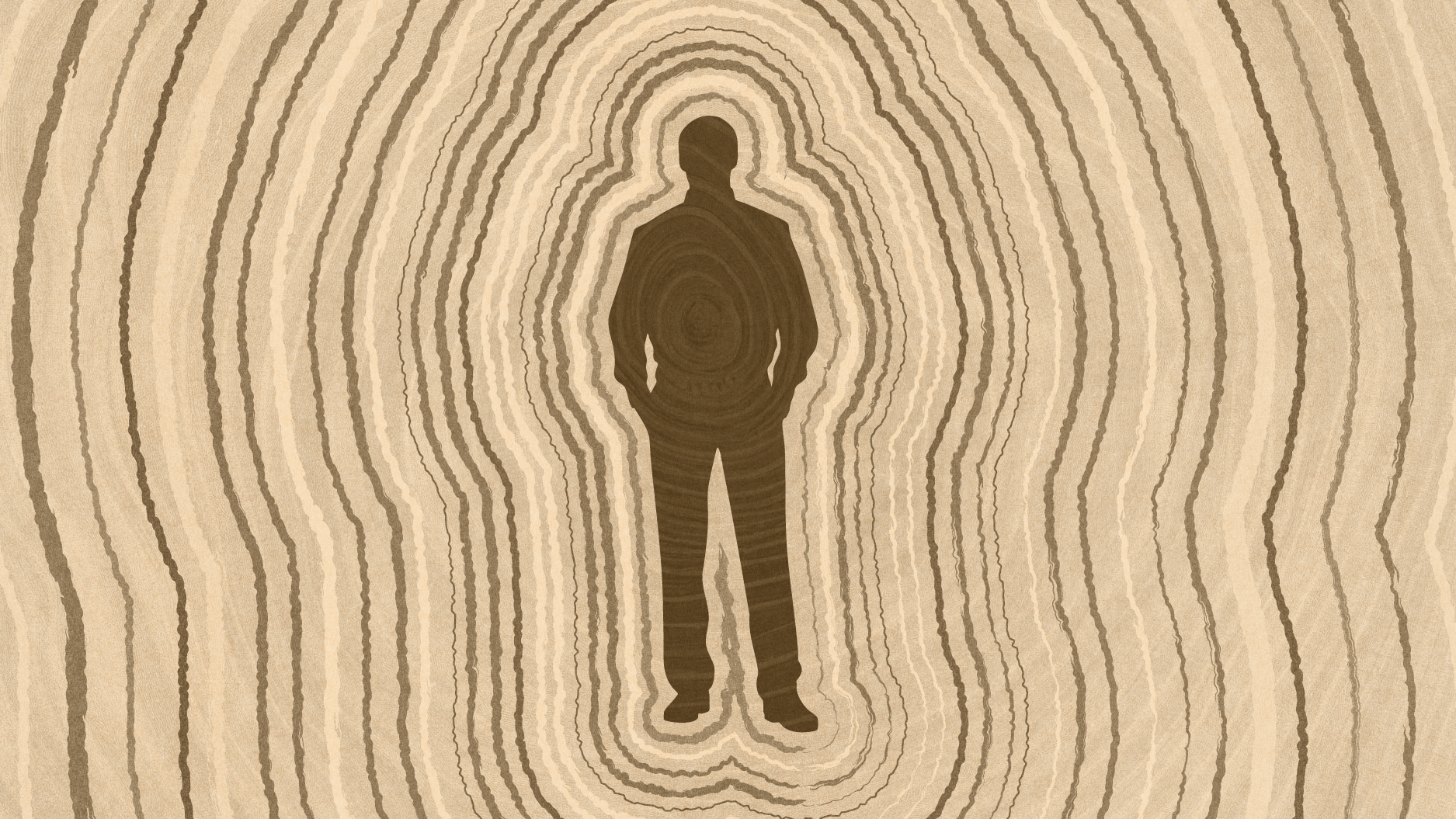Anna Deavere Smith once got some good advice from Ethel Merman’s son, and it has stuck with her ever since.
Anna Deavere Smith:
Well I’ve studied acting, and I’ve been teaching it for a long time, since 1973, and I’ve taught in all kinds of places. And sometimes I’ve been required; not now in my career, but certainly earlier in my career; a faculty has to kind of achieve something as a group. And so a lot of times I’ve had to teach very traditional things, and so I know a lot about the varieties of methods that there are for approaching acting.
And I think the three best things I heard about acting was one, one of my teachers said that you can’t really talk about acting directly. Everything that we know to say is couched in metaphors. That’s number one. It’s not like teaching medicine, or teaching architecture, or even music because it has to do with identity. And we don’t really understand so much about it. It’s not something we can touch or feel. And the changes of identities have never been, for example, translated into; like music is translated into notes. We haven’t really translated what we do into something that can be constantly replicated with a result we can anticipate. So there’s something about it that’s a little mysterious.
Ethel Merman’s son, he was one of the most powerful teachers that I had. He said simply, the actor’s gift is the imagination.
And then one very practical and gifted teacher said, acting is the ability to believe that you are someone else. So people have all different ways of talking about it.
But the first comment I think is the most honest. It’s all couched in metaphors. And so I studied a variety of methods. People always made fun of me in acting school because I was always taking notes. But I was very interested in “what is this?” How is it again that people can change before my eyes?
And along the way of my studying in acting, and also my teaching in acting, I began to see that my students sounded a lot alike. And so I wanted to show them that no human being talks like another human being. There are people who are identical. Like you can have an identical twin of your voice. Like there are people who sound exactly like a sibling in the tone of voice; but nobody talks alike. And so I thought that one place to study identity would be in the actual speech of a given person.
Originally I was going around interviewing people because I wanted to teach something about that – about individuality as it is captured in the actual physiological mechanism of making sounds. We are linguistic animals. And then along the lines of doing that, I’ve developed this method through which I make plays, which is I interview people, I take something that I said, and then I attempt to say exactly what they said more than word for word, but utterance per utterance. Because I have come to see that it’s the way in which the utterance themselves are manipulated that an idea then comes forward. So that’s what I’ve been studying and practicing for a very, very long time.
And I have to say the thing that’s unquenchable about me is something I told you about earlier. What I really, really love to do is to listen to people and listen to stories. And so over the past, wow, I guess I have to admit it’s a little more than 30 years now, if I’ve been learning anything, it’s that I’ve been leaning more and more about listening. And I never get tired of it, never get tired.
Well the goal is to tell a story that has multiple points of view for the very reasons that we’ve been discussing; and to, by doing so, indicate on an artistic level that the old idea of the single author, if you will, is flawed. Because it takes ultimately many people to tell the story of a community, or the story of a society.
So that sense of the auguste author who can come in and speak for women and speak for men, I don’t believe that. Maybe your imagination is sufficient; maybe not, you know? My imagination comes into play. But before doing that, I would like to know how a man feels, or how another woman feels about something. I’m studying that because I understand that I’m one human being with a set of experiences that color my lens. And I’ve always been – since I was a little girl – very interested in how that person across the town, across the street, how they think. And understanding I could never think like they think, but wanting to try to do something about that gap. Not even in a humanistic way.
It was really something that bothered me. It was really something I worried about. So first of all, I hope that by being present, as 46 people say in Twilight, the play about the [1992] Los Angeles riots, and playing a Korean woman whose store was burned to the ground by African-Americans; or playing one of the African-American kids who beat up the white man; or playing Daryl Gates, the very unpopular Chief of Police, then it suggests to an audience that they don’t have to sit in their one position.
And by the way, when I come out at the end and take my curtain call, I’m still me. So did I really lose anything? No. In fact maybe I gained something. Aesthetically and artistically, what I’ve been trying to contribute is something about details that maybe there’s a wider variety of human beings than we thought about. And we can tell compelling stories without having to have those same stereotypes that we’ve been thinking about over and over again.
Recorded on: Aug 22, 2007





